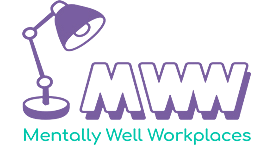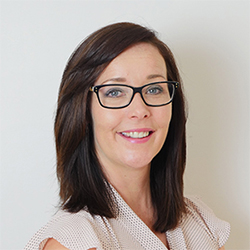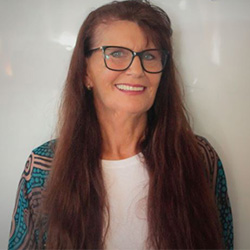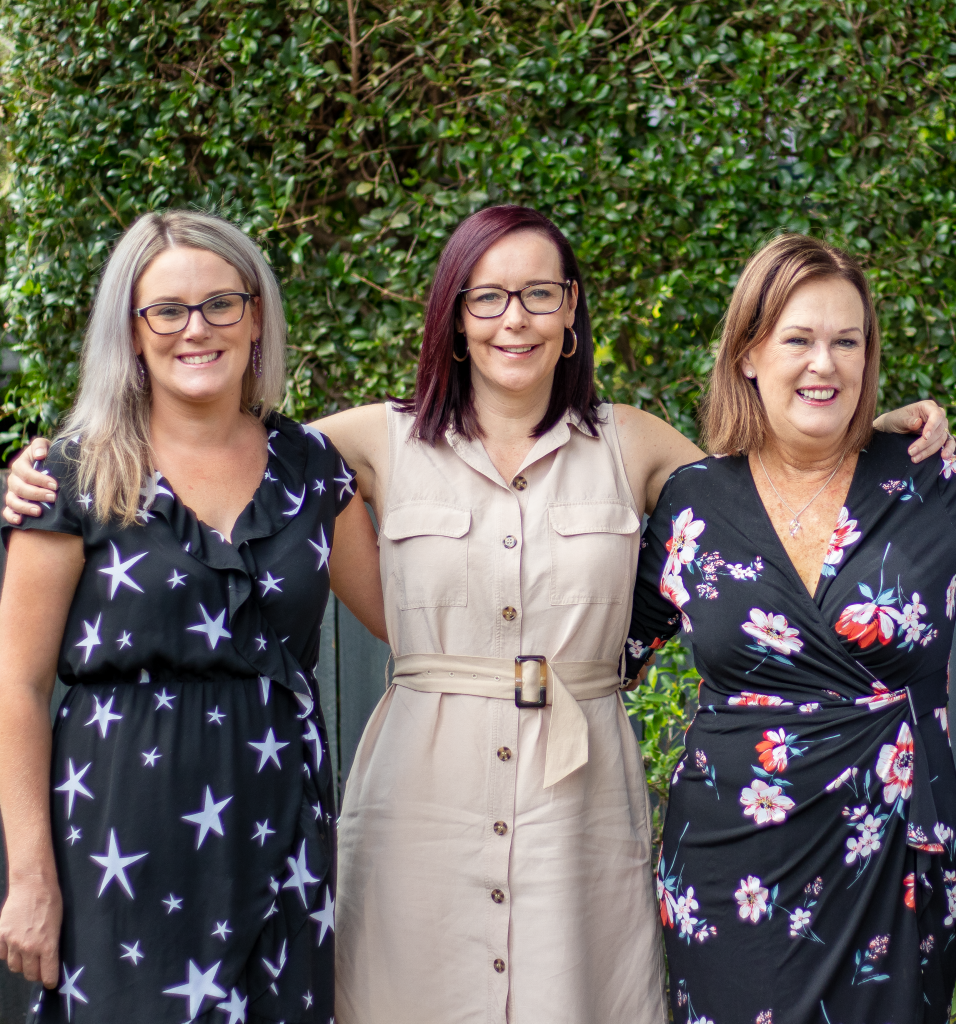
Who we are:
Mentally Well Workplaces was born from three founders, Amy, Tina and Sally who had a realisation that most organisations don’t spend enough time talking about mental health! Our team noticed how businesses were prepared to induct employees in physical health and risk training, but often failed to equip their employees with quality mental health training.
Instead of waiting for someone else to step in, we set out to remedy this issue ourselves. In 2018, we created our world-first online mental health induction for employers and employees, which soon grew to include a full suite of holistic mental health services. It’s our holistic approach that sets us apart. Our comprehensive model focuses on ensuring your workplace is implementing training, raising awareness and tracking for ongoing success across all sectors of your organisation. From office-based organisations to industrial sites to remote workers, MWW provides the tools to ensure your workplace is successfully promoting and implementing positive mental health strategies.
Our now growing team (including trainers in nearly every State in Australia) are constantly striving to evolve as we work with some of Australia’s largest and most forward thinking companies. As testament to our hard work and professionalism, in 2020, we where selected to coordinate and rollout one of Australia’s largest ever online MHFA programs known as Counting on U.
We relish in finding innovative ways to improve employee wellbeing for your business, using a combination of evidence, education and actively listening to the needs of the individuals in the workplace.
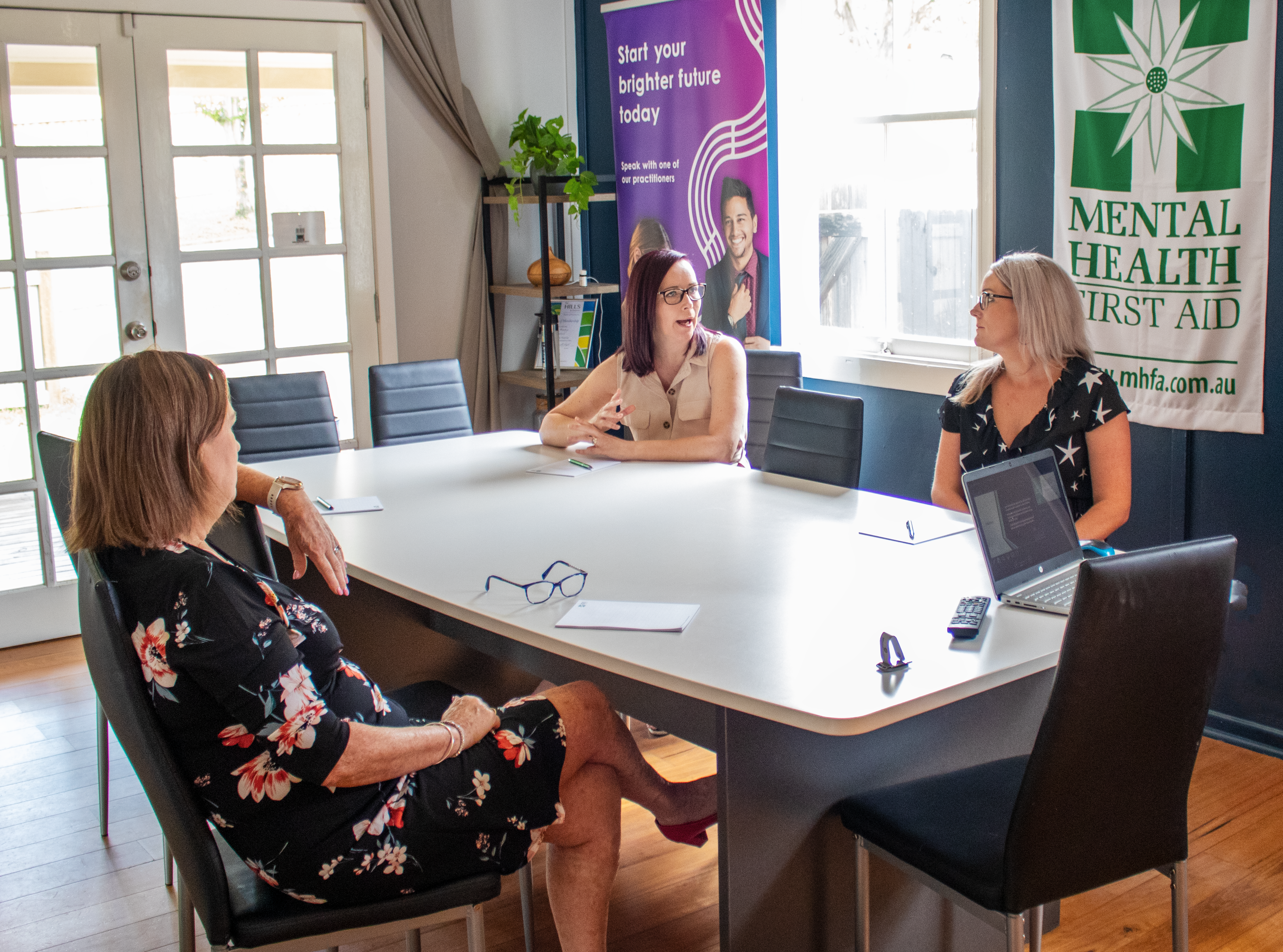
Our mission and vision
At MWW, we are committed to creating measurable and sustainable impact in the mental health and wellbeing of employees in workplaces across Australia. Our mission is to help businesses of all sizes and industries create mentally well work environments that promote productivity, inclusivity, and psychological safety. We recognise that workplace culture has a significant impact on employee well-being and overall business success.
We believe that every employee should have access to the tools and resources necessary to support their psychological and emotional health, and that this is essential to building a culture of respect, empathy, and collaboration. By prioritising mental health and psychological safety, businesses can create a work environment where employees feel respected, supported, and empowered to perform at their best.
Our ultimate goal is to create a ripple effect that extends beyond the workplace, by equipping employees with the skills and knowledge to promote mental health and wellbeing in their personal lives and communities.
By partnering with MWW, businesses can create a sustainable and measurable impact on the mental health and wellbeing of their employees, promoting a workplace culture that values and prioritises the mental health of employees.
Why we do it?
We’ve seen the cost poor workplace mental health can have on Australian businesses and new statistics emerge every year. We believe that every employee deserves access to affordable mental health training and resources, its should be a much of a right as having clean water and toilet paper in your place of work!
If you’ve noticed any of signs of poor mental health in your workplace, or if you’re aware that your employee’s mental wellbeing needs more focus, then our team are here to assist you in implementing the mental health training that’s right for your business. Through our accredited global training courses, mental health inductions and awareness workshops, we’re aiming to help every organisation overcome these issues and realise the benefits of a mentally well workplace.
